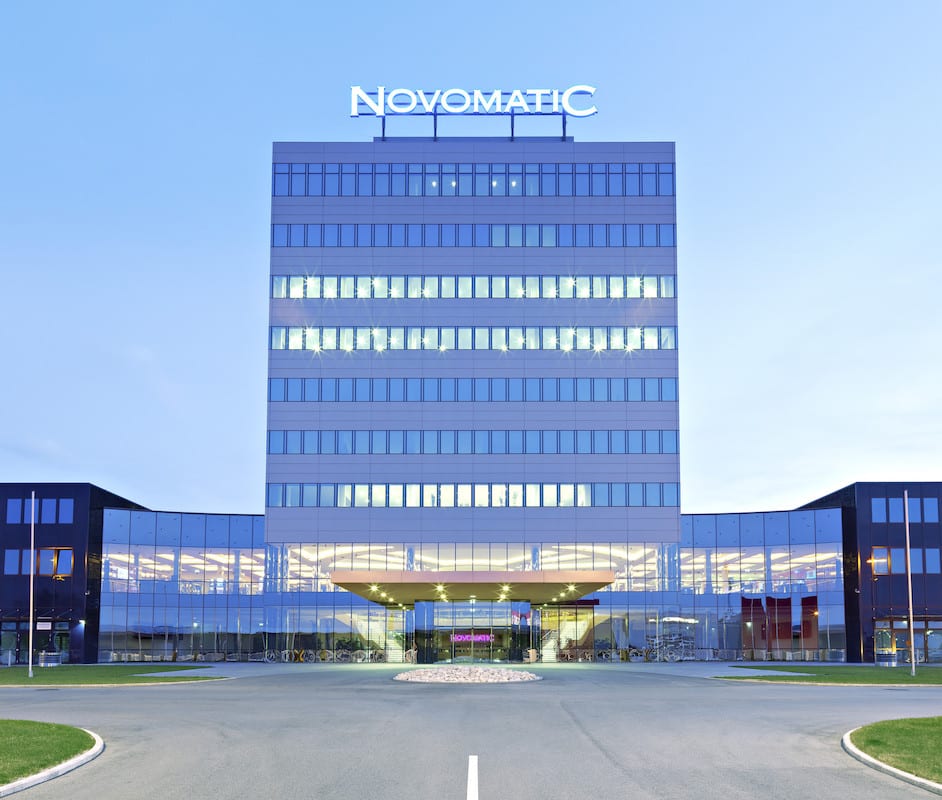Regulatory developments hit Novomatic revenue in H1

Austrian gaming giant Novomatic has reported a 1.8% year-on-year fall in revenue for the first half of its financial year, with changes to gaming regulations in core markets such as Germany and Italy blamed for the decline.
Revenue for the six months to 30 June, 2019 fell to €1.26bn (£1.15bn/$1.39bn), with changes to laws in Germany, Novomatic’s largest market, having the biggest impact on group performance.
As a result of state laws on gaming arcades and new technical regulations that accompanied the third amended State Treaty on Gaming, the number of terminals leased by Novomatic in Germany fell by around 13,900 units in H1. Its rental portfolio also decreased to 154,100 devices, a drop of around 11,500 units. This resulted in revenue from Germany falling 6.2% year-on-year to €338.1m.
Changes to the tax rates for gaming machines in Italy, coupled with the country’s gambling advertising ban, also had an adverse effect on revenue, with the country’s revenue contribution down 7.6% at €181.8m.
Ainsworth Game Technology also struggled over the period, which has been blamed on difficulties in its native Australia and Latin America.
This was offset by growth in the UK — where Novomatic said the fixed-odds betting terminal stake cut benefitted its gaming hall business — and increased slots revenue from Spain, Austria and the Netherlands.
Across the group, gaming technology revenue, comprising revenue from the development, production, leasing and sale of gaming devices, gaming content and gaming technology across all channels, was down 2.2% at €469.4m.
Gaming operations revenue, including Novomatic’s self-operated slot arcades, casinos, sports betting outlets and bingo halls, was also down, falling 1.5% to €794.3m.
As a result of the decline in group revenue, Novomatic will look to reduce costs and increase the efficiency of the business, as well as disposing of assets that failed to perform as expected. This saw its Croatian subsidiaries, the Spain-and-Latin America-facing OTIUM Group, and two Spanish casino businesses sold off in H1.
The second half of the year will see the bulk of its UK technology business, Gaming Technology Group, sold to Inspired Entertainment for $120m (£99.3m/€109.4m) once all regulatory requirements have been met.
In addition, it acquired a number of smaller businesses in Germany and Eastern Europe, mainly slot arcade operators, to expand its position in core territories.
Looking at costs, gaming taxes and betting fees rose 1.7% over the six months to €148.7m, while the operator and supplier realised a benefit of €12.5m from inventory changes, down 37.0% year-on-year. Capitalised development costs fell from €75.2m to €40.8m, while a further €40.7m in other operating income was generated over the period.
Cost of material and other operating expenses both fell, to €172.8m and €349.7m respectively, offsetting a 1.4% rise in personnel expenses to €390.4m.
After operating costs, earnings before interest, depreciation, tax and amortisation was down 5.1% to €297.1m. However, depreciation, amortisation and impairment charges soared to €249.6m – up 61.2% year-on-year – which Novomatic said was largely down to regulatory changes related to its gaming machine business in Germany.
This resulted in operating profit falling 70.0% to €47.5m. After finance-related costs of €17.6m and income tax of €15.2m, the business recorded a net profit of €14.7m for H1 2019, down 87.7% year-on-year.
However, this was improved by a €19.5m profit from discontinued operations, for a net result of €34.3m, down 68.8% from H1 2018.
